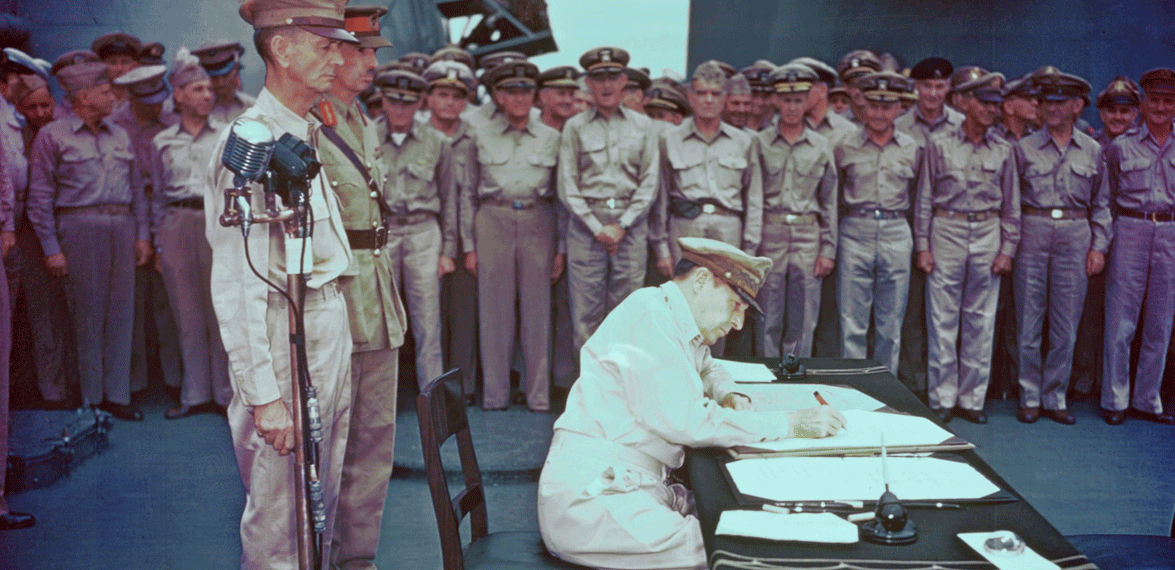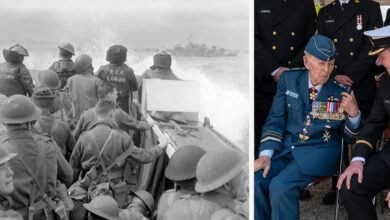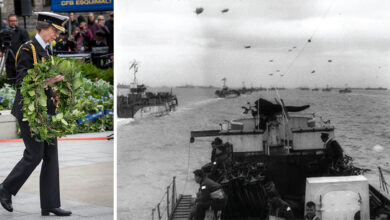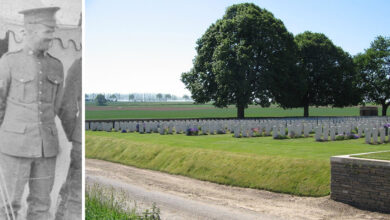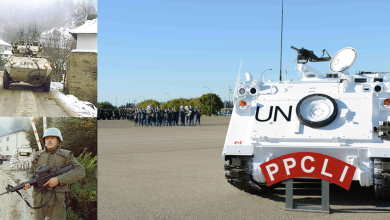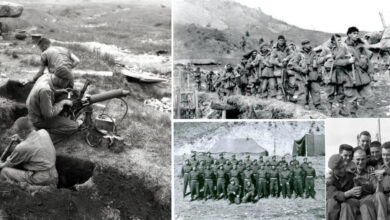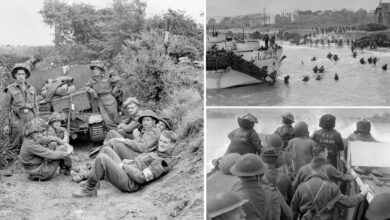History
Second World War V-J Day ended 74 years ago this week
Seventy-four years ago yesterday, the bloodiest war in history finally came to an end when Japan unconditionally surrender to the Allies.
Japan’s surrender, which ended the Second World War, took place on August 15, 1945.
Canadian troops played a small but important role in the Pacific theatre during the Second World War. Canada entered the Pacific Theatre of war after the bombing of Pearl Harbour on Dec. 7, 1941. Then-Prime Minister, William Lyon Mackenzie and his cabinet declared war against Japan that very day, becoming the first country to declare war on Japan, even before the United States.
Over the next few years, Canadian troops would serve in Southeast Asia while attached to British or Allied combined operations unit. Two Canadian regiments, the Royal Rifles, and the Winnipeg Grenadiers, also played a role in defending Hong Kong against the Japanese invasion in the winter of 1941. More than 1,975 Canadians were involved in this incident, and 557 were killed or died in prison camps in the years that followed.
The war in Europe came to an end on May 8, 1945; however, the war in the Pacific continued for another four months. It wasn’t until the United States dropped the atomic bombs on Hiroshima and Nagasaki that Japan surrendered.
Although Japan surrendered on August 14, due to the time difference, the news did not reach North American until the 15th.
After the news of Japan’s surrender spread across the country, Canadians took to the streets to celebrate. The whole country was overjoyed, and Canadians rang bells embraced one another and even, on some occasions, celebrations turned into street riots.
Every year since August 15 has been recognized around the world as Victory Over Japan Day or V-J Day.


